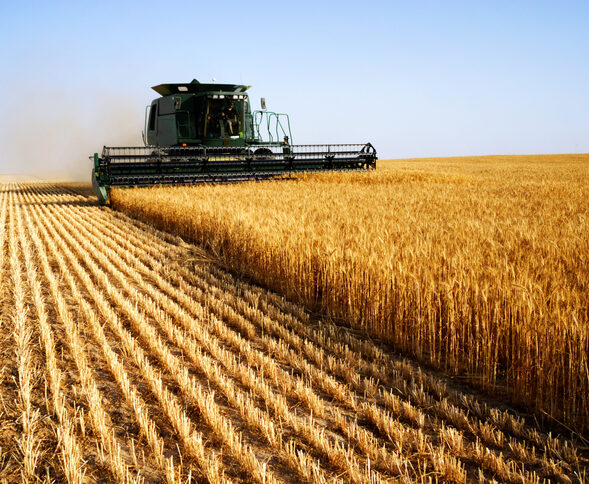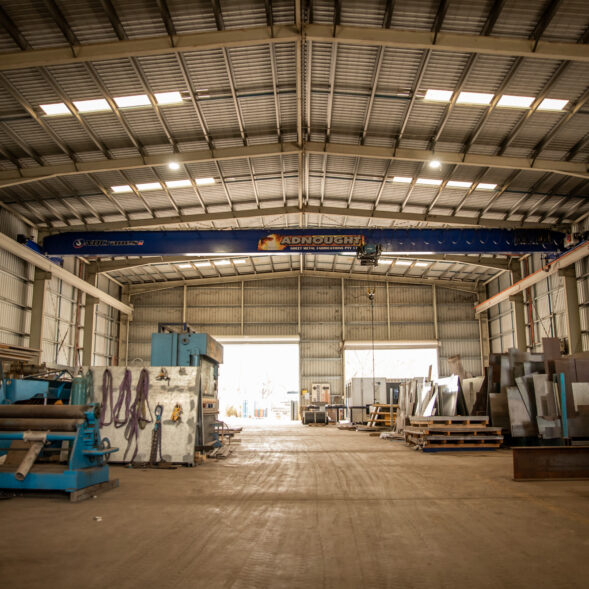The office market nationally has not fully rebounded following the pandemic. Around the country we have seen continued high vacancy rates and record incentives on offer and whilst we are seeing a return to the office and generally busier city centres, demand has not regained momentum.
It is clear that working from home arrangements will remain for many businesses with most adopting a hybrid approach. Employees’ preference for flexibility and hybrid arrangements seems to remain strong, particularly in metropolitan areas. Interestingly, office space tends to be underutilised on certain days of the week, with some businesses counteracting this with shifts to shared working spaces or hot-desking set ups to minimise overall space requirements.
Tenant demand seems to be focused on collaborative workspaces that are flexible. Key space requirements tend to be around encouraging staff engagement, with lunch areas and breakout spaces a priority. This may mean reconfiguring existing space to better suit changing needs, with fewer staff working from an office, reducing overall space requirements or, in some instances, relinquishing their office space altogether. Much of the tenant demand at present is being driven by tenants wishing to relocate or upgrade.
Vacancy rates around the country remain high, with the Property Council of Australia reporting a total vacancy rate for the country in January 2023 of 12.5 per cent. This is a significant increase on the pre-pandemic vacancy rate which was reported by the PCA in January 2020 at eight
per cent.
For the time being, rents remain flat and incentives remain high, with cities reporting up to 40 per cent incentives on offer, or even higher in places such as Perth where incentives of up to 50 per cent are being offered. Given the overall leasing market conditions and high incentives being reported, we do not expect there to be any substantial growth in rents for the next year or so.
Looking ahead into the remainder of 2023, we anticipate the office market to remain generally volatile and uncertain. Demand for space remains subdued and with economic conditions being flat, many businesses are lacking confidence. Inflation and interest rates remain a top concern for investors and businesses alike.
According to the PCA, prime yields around the country for the CBDs range from 4.80% through to 6.60%. Darwin, at 8.5%, is an outlier. Looking ahead, we do not envisage any real change to these rates over the next year. The current economic uncertainty is likely to reduce business confidence and in turn investors will only be drawn into the market by strongly performing low risk assets.
Overall, it has been a trying few years for the national office market. Looking ahead to the longer term, our generally less volatile economy means Australia remains in a good position for growth and our major cities in particular will likely see stronger office employment. This will drive demand for new and innovative workspaces. We are optimistic that in time we will see a slow but gradual increase in demand across most of the major markets which will result in an improvement to market conditions and hopefully see growth in values.
Angeline Mann
Director










